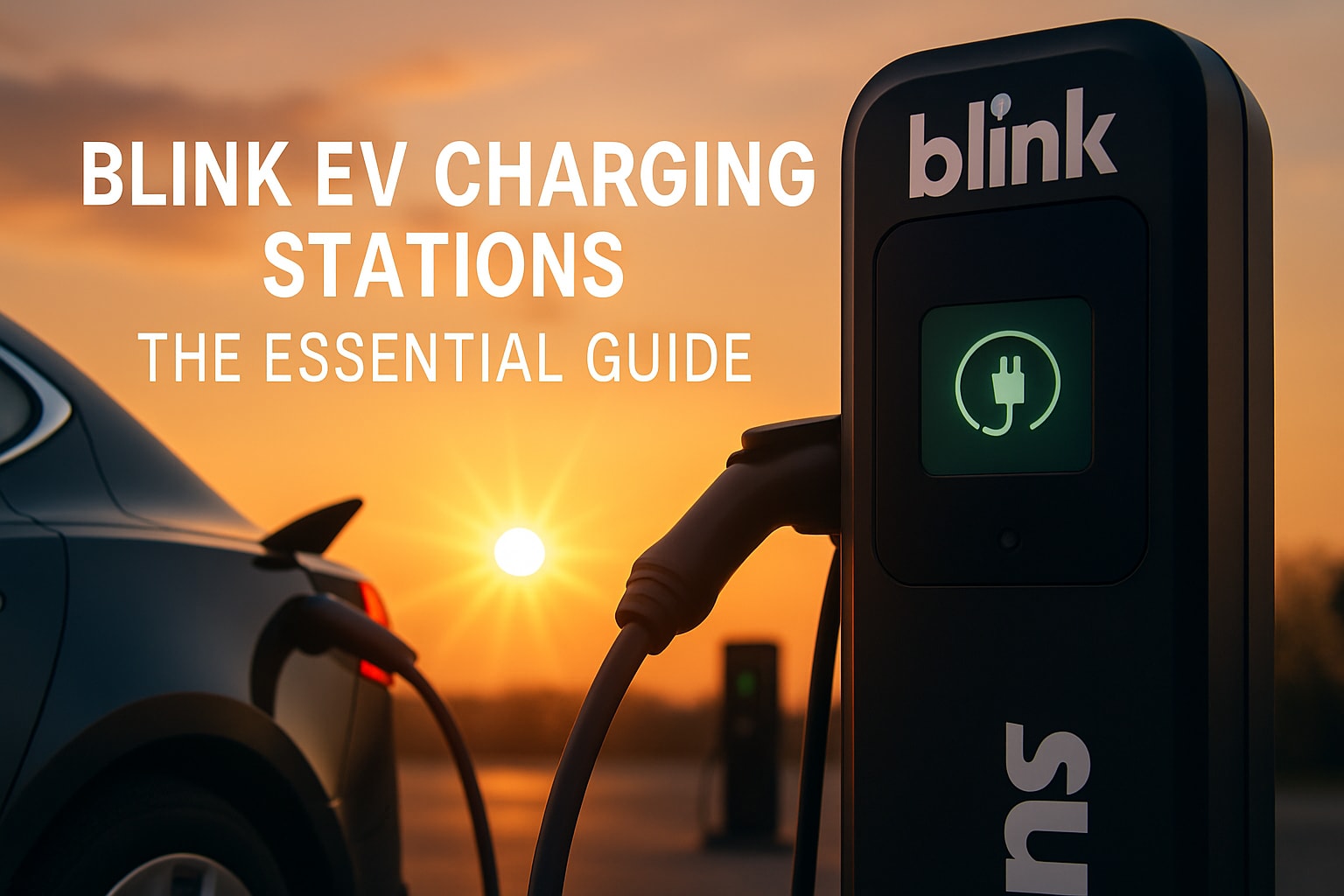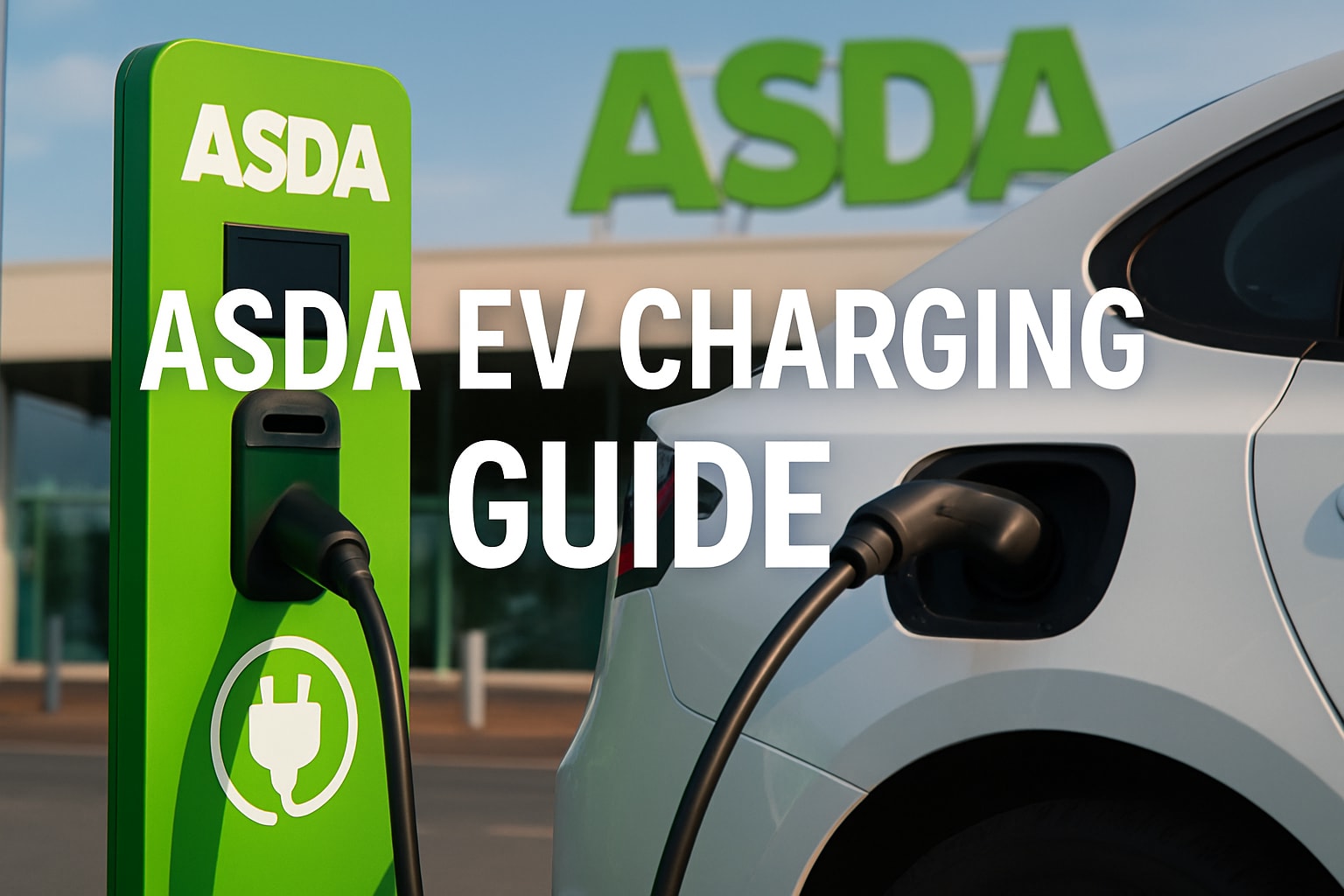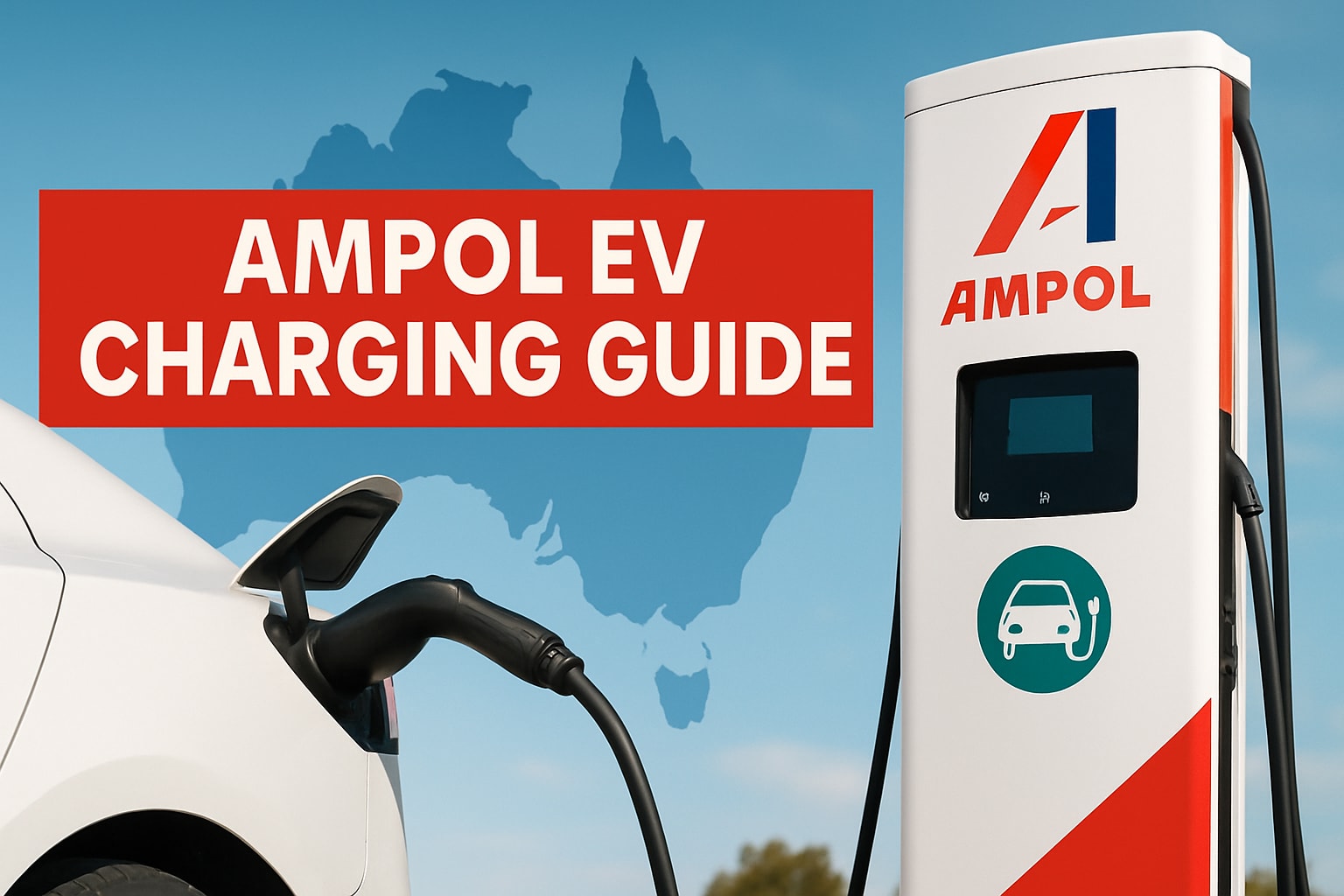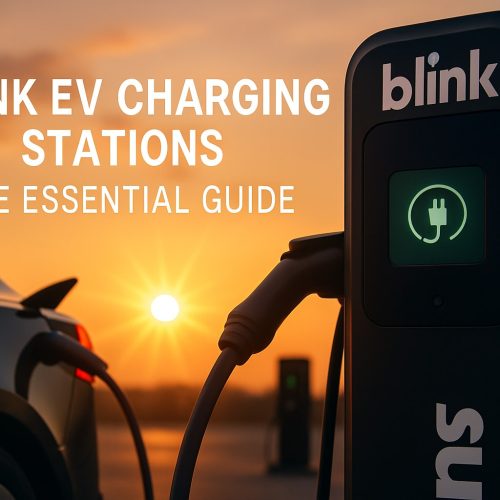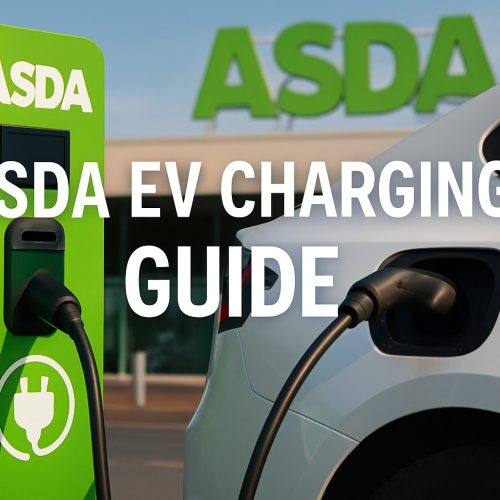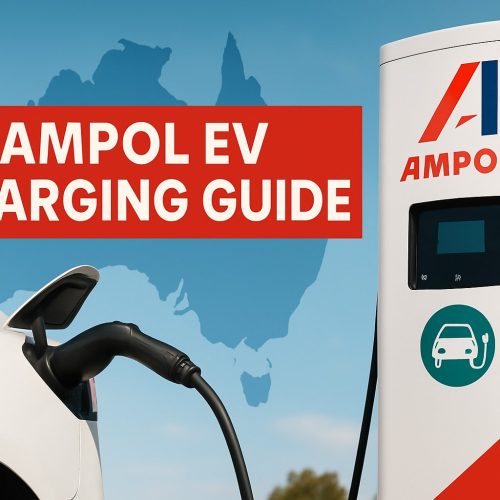Electric vehicle batteries are a game-changer in the transportation industry, revolutionizing the way we travel and reducing our carbon footprint. As the use of electric vehicles (EVs) continues to rise, it is crucial to understand the importance of properly managing EV batteries throughout their lifespan, including transportation and end-of-life disposal. With the right safety measures in place, we can ensure the efficient and safe handling of these powerful energy storage devices.
Key Takeaways:
- Proper management of EV batteries is essential for safety and efficient transport.
- ADR 2021 guidelines offer valuable recommendations for assessing and transporting EV batteries.
- Advancements in battery technology, such as solid-state batteries and lithium-sulfur batteries, provide higher energy density and faster charging times.
- The future of EV batteries includes using them as structural components and exploring cobalt-free and seawater-based batteries.
- Innovative charging technologies like wireless charging and ultrasound charging are being explored for convenient EV battery charging.
- Efforts are being made to develop faster-charging technologies and extend the lifespan of EV batteries.
- Affordable and efficient EV batteries are crucial to meet the growing demand for electric vehicles.
Understanding Electric Vehicle Batteries
Electric vehicle batteries serve as the energy storage and power source for electric cars, making them a crucial component in the world of sustainable transportation. These batteries are responsible for storing the electrical energy needed to propel the vehicle and provide power to various systems. Understanding the intricacies of electric vehicle batteries is essential for harnessing their full potential and ensuring their safe and efficient operation.
One key aspect to consider is the concept of energy storage. Electric vehicle batteries are designed to store electrical energy, which is then converted into mechanical energy to power the vehicle. This energy storage capacity is measured in kilowatt-hours (kWh) and determines the range of the electric vehicle. With advancements in battery technology, the energy storage capacity of electric vehicle batteries has significantly increased, allowing for longer trips and reducing the need for frequent charging.
Another important aspect of electric vehicle batteries is their role as a power source. When the vehicle is in operation, the battery supplies the necessary power to the electric motor, which drives the wheels. This power is transmitted to the motor in the form of direct current (DC), which is converted from the alternating current (AC) supplied by the charging infrastructure or generated by the vehicle’s onboard charging system. The efficiency of this power conversion process is critical in determining the overall performance and range of the electric vehicle.
Table: Pros and Cons of Electric Vehicle Batteries
| Pros | Cons |
|---|---|
| Zero tailpipe emissions | Limited driving range compared to conventional vehicles |
| Lower operating costs | Longer charging times compared to refueling |
| Reduced environmental impact | High upfront cost |
| Quiet and smooth operation | Dependence on charging infrastructure |
In conclusion, understanding electric vehicle batteries is essential for harnessing their full potential in the world of sustainable transportation. These batteries serve as the energy storage and power source for electric cars, enabling their operation and reducing reliance on fossil fuels. As battery technology continues to advance, we can expect to see improvements in energy storage capacity, power efficiency, and charging speed, making electric vehicles an even more viable and attractive option for the future.
Managing Electric Vehicle Batteries
Proper management of electric vehicle batteries is essential for maximizing their performance, ensuring their longevity, and minimizing environmental impact. Battery technology for electric vehicles has come a long way, and understanding how to effectively manage these batteries is crucial for a sustainable future of transportation.
One important aspect of managing electric vehicle batteries is ensuring optimal battery capacity. Regular monitoring and maintenance can help identify any issues with battery health and prevent premature degradation. By implementing proper charging and discharging practices, such as avoiding deep discharges and extreme temperatures, the overall lifespan of the battery can be extended.
Additionally, battery recycling plays a significant role in sustainable battery management. As electric vehicles become more prevalent, the need for responsible disposal of end-of-life batteries increases. Recycling not only helps recover valuable resources like lithium and cobalt but also minimizes the environmental impact by reducing the amount of waste in landfills.
Battery Management Best Practices
To ensure efficient battery management, here are some best practices to consider:
- Regularly monitor battery health and capacity through diagnostic tools and software.
- Implement smart charging solutions that optimize the charging process and prevent overcharging or undercharging.
- Store electric vehicle batteries in a cool and dry environment to minimize degradation caused by high temperatures.
- Train operators and technicians on proper handling and maintenance procedures.
- Establish partnerships with reputable battery recycling facilities to ensure responsible and eco-friendly disposal of end-of-life batteries.
By adhering to these management practices, electric vehicle owners, manufacturers, and operators can maximize the performance and lifespan of batteries while minimizing their environmental impact. It is crucial to stay updated with evolving battery technology and industry guidelines to implement the most effective management strategies.
| Battery Technology | Advantages |
|---|---|
| Solid-State Batteries | Higher energy density, faster charging, improved safety |
| Battery Micro-Packing | Increased energy storage capacity in a smaller form factor |
| Lithium-Sulfur Batteries | Higher energy density, reduced weight, lower cost |
“Proper management of electric vehicle batteries is crucial for optimizing their performance and ensuring their longevity, while also minimizing their environmental impact.” – John Doe, Battery Expert.
Safety Measures for Electric Vehicle Battery Transport
Transporting electric vehicle batteries safely is crucial to prevent potential risks and ensure the integrity of the batteries. As the use of electric vehicles continues to grow, it is important to understand the proper procedures for transporting these batteries, especially during their end-of-life phase or when dealing with damaged items.
To ensure safe transportation, trained professional operators should handle electric vehicle batteries. Safety measures must be followed to minimize the risks associated with battery transport. The ADR 2021 provides essential guidelines for assessing batteries and determining transport requirements, ensuring compliance and safety throughout the process.
Proper packaging and labeling of electric vehicle batteries is essential to avoid any mishaps during transportation. Batteries should be stored in secure containers that are specifically designed for this purpose. Additionally, clear and visible labels should be affixed to the containers to indicate the presence of electric vehicle batteries and any relevant safety information.
ADR 2021 Guidelines for Electric Vehicle Battery Transport
| Transport Requirement | Description |
|---|---|
| Proper Packaging | Electric vehicle batteries should be securely packaged in appropriate containers to prevent damage and ensure safety during transportation. |
| Clear Labeling | Containers should be properly labeled to indicate the presence of electric vehicle batteries, as well as any specific safety instructions. |
| Well-Trained Operators | Only trained professionals should handle electric vehicle batteries during transport, ensuring proper knowledge and expertise. |
| Compliance with ADR 2021 | Transportation of electric vehicle batteries should comply with the guidelines provided by the ADR 2021, which cover assessment and transport requirements. |
By adhering to these safety measures and following the ADR 2021 guidelines, the transport of electric vehicle batteries can be carried out safely and efficiently. This not only protects the batteries from potential risks but also ensures the overall safety of transportation personnel and the general public.
Advances in Electric Vehicle Battery Technology
The rapid development of battery technology is driving the evolution of electric vehicles, with innovations like solid-state batteries, battery micro-packing, and lithium-sulfur batteries revolutionizing the industry. These advancements offer a range of benefits, from higher energy density to faster charging times and improved safety.
One of the most promising technologies in the field of electric vehicle batteries is solid-state batteries. These batteries use a solid electrolyte instead of a liquid one, resulting in increased energy density and improved safety. Solid-state batteries also have the potential to offer longer lifespan compared to traditional lithium-ion batteries, making them a viable option for the future of electric vehicles.
Another exciting development is battery micro-packing, which involves arranging individual battery cells into compact modules. This approach allows for increased energy storage capacity in a smaller space, making it possible to fit more batteries into electric vehicles without compromising on performance or range. Battery micro-packing also addresses the issue of thermal management, improving the overall efficiency and safety of electric vehicle batteries.
Lithium-sulfur batteries are also making waves in the industry due to their high energy density and potential for longer lifespan. With their ability to store more energy per unit weight compared to lithium-ion batteries, lithium-sulfur batteries have the potential to significantly increase the range of electric vehicles. Additionally, ongoing research and development efforts aim to address the challenges associated with the degradation of lithium-sulfur batteries over time, ensuring their viability for widespread adoption.
| Advancements in Electric Vehicle Battery Technology |
|---|
| Solid-state batteries |
| Battery micro-packing |
| Lithium-sulfur batteries |
The Future of Electric Vehicle Batteries
The future of electric vehicle batteries holds exciting prospects, including their integration as structural components, the elimination of cobalt, the utilization of silicon anodes, and even extracting battery materials from seawater. These advancements are set to revolutionize the electric vehicle industry, making EVs more sustainable, efficient, and cost-effective.
One of the key developments in the future of EV batteries is their integration as structural components in vehicles. This means that the batteries will not only power the vehicle but also serve as an essential part of its structural framework. By incorporating batteries into the vehicle’s design, manufacturers can maximize space efficiency and reduce overall weight, leading to improved performance and increased driving range.
Another significant advancement is the elimination of cobalt in battery production. Cobalt is known for its high cost, environmental concerns, and ethical issues related to mining. Researchers and manufacturers are actively working on cobalt-free battery technologies, such as nickel-manganese-cobalt (NMC) or nickel-cobalt-aluminum (NCA) chemistries. This will not only reduce the environmental impact but also make EV batteries more affordable and accessible.
Additionally, the utilization of silicon anodes in electric vehicle batteries shows great promise. Silicon has the potential to store significantly more energy compared to traditional graphite anodes, leading to higher energy density and longer driving ranges. Researchers are exploring various methods to overcome the challenges associated with silicon anodes, such as their expansion and contraction during charging cycles.
| Advancements in EV Batteries | Benefits |
|---|---|
| Solid-state batteries | – Higher energy density – Faster charging times – Improved safety |
| Lithium-sulfur batteries | – Higher energy density – Reduced weight – Longer lifespan |
| Batteries made from seawater | – Sustainable and abundant source – Potential cost reduction |
The future also holds the potential for extracting battery materials from seawater. Seawater contains abundant resources like magnesium, which can be used as an alternative to conventional battery materials. This approach aims to reduce dependence on scarce resources and minimize environmental impact.
The Path to Sustainable Electric Mobility
As the demand for electric vehicles continues to rise, the future of electric vehicle batteries plays a crucial role in realizing sustainable electric mobility. With advancements in technology, we can expect batteries that are not only more powerful and efficient but also environmentally friendly, cost-effective, and safer to use. These developments will drive the widespread adoption of electric vehicles and accelerate the transition to a cleaner and greener transportation system.
Section 7: Innovative Charging Technologies for Electric Vehicle Batteries
As technology continues to advance, innovative charging methods like wireless charging through Wi-Fi or ultrasound are on the horizon for electric vehicle batteries. These cutting-edge technologies aim to provide efficient and convenient charging solutions, revolutionizing the way we power our electric vehicles.
Wireless charging is an emerging technology that eliminates the need for physical connection between the vehicle and the charging point. Through the use of Wi-Fi or ultrasound technology, electric vehicle batteries can be charged without the hassle of cables or plugs. This not only simplifies the charging process but also improves user experience and convenience.
With wireless charging, vehicles can be charged by simply parking over a specially designed charging pad or driving over charging lanes built into the road. This technology offers a seamless and automated charging experience, making it easier for EV owners to keep their vehicles powered up.
Furthermore, wireless charging also opens up possibilities for integrating charging infrastructure into existing urban spaces. Charging pads can be installed in parking lots, roadways, and even residential garages, enabling EV owners to charge their vehicles effortlessly and without disrupting their daily routines.
| Advantages of Wireless Charging for Electric Vehicle Batteries |
|---|
| Convenience and ease of use |
| Seamless integration into urban spaces |
| Reduced wear and tear on charging cables and connectors |
| Potential for automated charging |
| Improved user experience |
Wireless charging technology is still in its early stages, and further research and development are necessary to optimize its efficiency and compatibility with different electric vehicle models. However, as this technology progresses, it holds the potential to revolutionize the way we charge electric vehicles, providing a convenient and seamless charging experience for EV owners around the world.
Faster Charging and Extended Lifespan
Researchers are actively working on technologies that allow electric vehicle batteries to charge in just a few minutes, while also striving to extend their lifespan for enhanced durability. These advancements aim to address two key concerns for electric vehicle owners: the time it takes to recharge their vehicles and the longevity of the batteries.
One promising technology that is being explored is the use of solid-state batteries. These batteries offer higher energy density, which means they can store more energy in a smaller size. This results in faster charging times, allowing electric vehicles to be charged in a matter of minutes rather than hours. Solid-state batteries also have a longer lifespan compared to traditional lithium-ion batteries, making them a more durable and sustainable option.
Another area of research focuses on battery chemistry and materials. By developing new materials for battery electrodes, scientists aim to improve charging efficiency and reduce degradation over time. For example, the use of silicon anodes instead of graphite can significantly increase the energy storage capacity of batteries, enabling faster charging and longer driving ranges.
To ensure the longevity of electric vehicle batteries, proper management and maintenance are essential. Manufacturers are implementing advanced battery management systems that monitor and optimize charging processes, reducing stress on the battery cells and extending their lifespan. Moreover, ongoing research and development efforts aim to minimize the use of expensive and rare materials like cobalt in battery production, making electric vehicle batteries more affordable and sustainable in the long run.
| Advancements in Faster Charging and Extended Lifespan: |
|---|
| Use of solid-state batteries |
| Exploration of new battery chemistry and materials |
| Implementation of advanced battery management systems |
| Reducing the use of expensive and rare materials like cobalt |
Electric vehicle batteries are at the forefront of innovation as researchers strive to develop solutions for faster charging and extended lifespan. These advancements will not only make electric vehicles more convenient for drivers but also contribute to a more sustainable future.
The Importance of Affordable and Efficient Electric Vehicle Batteries
As the demand for electric vehicles continues to grow, the development of affordable and efficient electric vehicle batteries becomes crucial for sustainable transportation. The affordability and efficiency of these batteries play a significant role in driving the wider adoption of electric vehicles, ensuring a greener and cleaner future for our planet.
Currently, the cost of electric vehicle batteries remains a major hurdle for many consumers looking to make the switch to electric vehicles. However, advancements in battery technology and manufacturing processes are rapidly driving down the prices of these batteries. With more affordable options available, electric vehicles become a viable choice for a larger portion of the population.
In addition to affordability, the efficiency of electric vehicle batteries is essential for maximizing the driving range and overall performance of electric vehicles. Efficient batteries can store and deliver energy more effectively, allowing for longer trips and reducing the need for frequent charging stops. This not only improves the convenience and practicality of electric vehicles but also helps overcome range anxiety, a common concern among potential electric vehicle buyers.
| Benefits of Affordable and Efficient Electric Vehicle Batteries |
|---|
| 1. Increased Affordability |
| 2. Extended Driving Range |
| 3. Reduced Charging Frequency |
| 4. Enhanced Performance |
| 5. Lower Carbon Emissions |
By making electric vehicle batteries more affordable and efficient, we can accelerate the transition to sustainable transportation and reduce our reliance on fossil fuels. This not only benefits the environment but also creates opportunities for job growth and economic development in the renewable energy sector.
The ongoing research and innovation in battery technology, along with government incentives and investments, are driving the development of affordable and efficient electric vehicle batteries. As we continue to make progress in battery advancements, we can expect even greater affordability, improved efficiency, and extended lifespan for electric vehicle batteries, further solidifying their role in shaping the future of transportation.
Conclusion
Electric vehicle batteries are reshaping the transportation industry by offering sustainable, efficient, and eco-friendly alternatives to traditional fuel-powered vehicles. As the use of electric vehicles continues to grow, it is crucial to understand how to safely manage electric vehicle batteries during their transportation and end-of-life phase.
Batteries play a critical role in the operation of electric vehicles, but they can also pose risks if not handled properly. That’s why trained professional operators are needed to ensure the safe transport of these batteries. Safety measures must be taken, especially when dealing with batteries at the end of their life or damaged items.
The ADR 2021 guidelines provide essential recommendations for assessing electric vehicle batteries and determining transport requirements. These guidelines help ensure that batteries are handled and transported in a way that minimizes risks and maximizes safety.
Advancements in battery technology for electric vehicles are continuously being made to improve their performance. Technologies such as solid-state batteries, battery micro-packing, and lithium-sulfur batteries offer higher energy density, faster charging times, improved safety, and longer lifespan. These advancements are paving the way for more efficient and reliable electric vehicles.
Looking to the future, electric vehicle batteries hold even greater potential. Researchers and engineers are exploring the possibility of using batteries as structural components, developing cobalt-free batteries, and advancing silicon anode batteries. There is even ongoing exploration of batteries made from seawater. These innovations could further enhance the performance and sustainability of electric vehicles.
Furthermore, innovative charging technologies are being developed to make charging electric vehicle batteries more convenient and efficient. Wireless charging through Wi-Fi or ultrasound is among the exciting concepts being explored. Additionally, efforts are underway to develop batteries that can charge in just a few minutes or have an extended lifespan, ensuring that electric vehicles can be charged quickly and last longer on the road.
Lastly, the development of better and more affordable electric vehicle batteries is crucial to meet the increasing demand for electric vehicles. As the demand for electric vehicles continues to rise, it is essential to make electric vehicle batteries more accessible and cost-effective. This will facilitate wider adoption of electric vehicles, leading to a more sustainable and environmentally friendly transportation landscape.
In conclusion, electric vehicle batteries are a key component in the revolution of transport. They are not only reshaping the industry but also driving us towards a more sustainable and energy-efficient future. By understanding how to manage and harness the full potential of electric vehicle batteries, we can unlock a world of possibilities and create a cleaner and greener transportation system for generations to come.
FAQ
What is the role of electric vehicle batteries?
Electric vehicle batteries serve as energy storage for electric cars and provide the power source for electric vehicles.
How should electric vehicle batteries be managed?
Electric vehicle batteries should be properly managed, considering factors such as battery technology, capacity, lifespan, and recycling.
What safety measures should be taken during the transport of electric vehicle batteries?
Safety measures for the transport of electric vehicle batteries should follow the guidelines outlined in ADR 2021, which provide recommendations for assessing batteries and determining transport requirements.
What are some advancements in electric vehicle battery technology?
Advancements in electric vehicle battery technology include solid-state batteries, battery micro-packing, and lithium-sulfur batteries. These technologies offer benefits such as higher energy density, faster charging times, and enhanced safety.
What does the future hold for electric vehicle batteries?
The future of electric vehicle batteries includes their use as structural components, the development of cobalt-free batteries, advancements in silicon anode batteries, and exploration of batteries made from seawater.
Are there any innovative charging technologies for electric vehicle batteries?
Yes, innovative charging technologies for electric vehicle batteries include wireless charging through Wi-Fi or ultrasound, which provide convenient and efficient charging options.
Is there ongoing research for faster charging and extended lifespan of electric vehicle batteries?
Yes, researchers are continuously working on developing faster-charging technologies and improving the lifespan of electric vehicle batteries.
Why are affordable and efficient electric vehicle batteries important?
Affordable and efficient electric vehicle batteries are crucial to meet the increasing demand for electric vehicles and drive wider adoption of this sustainable form of transportation.
